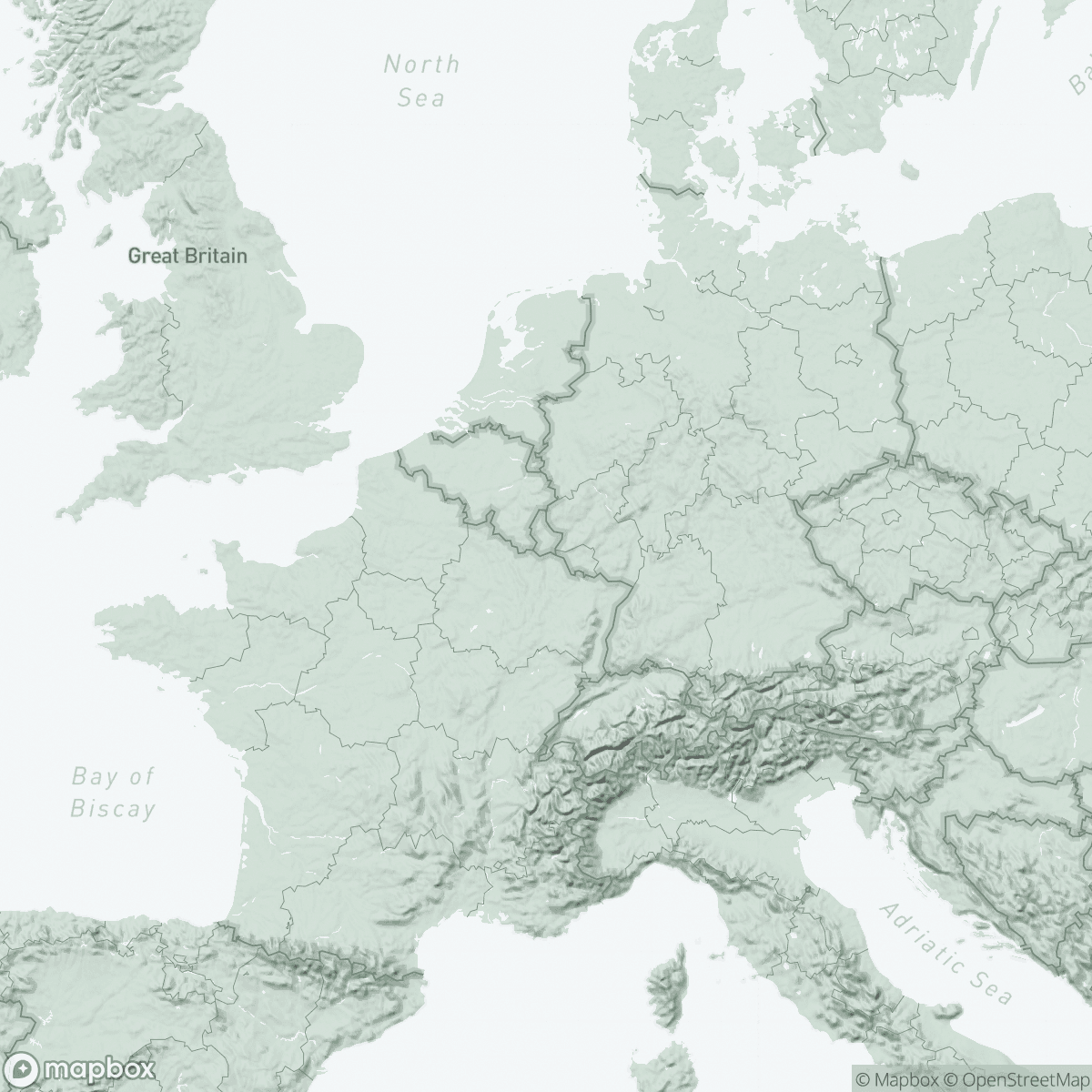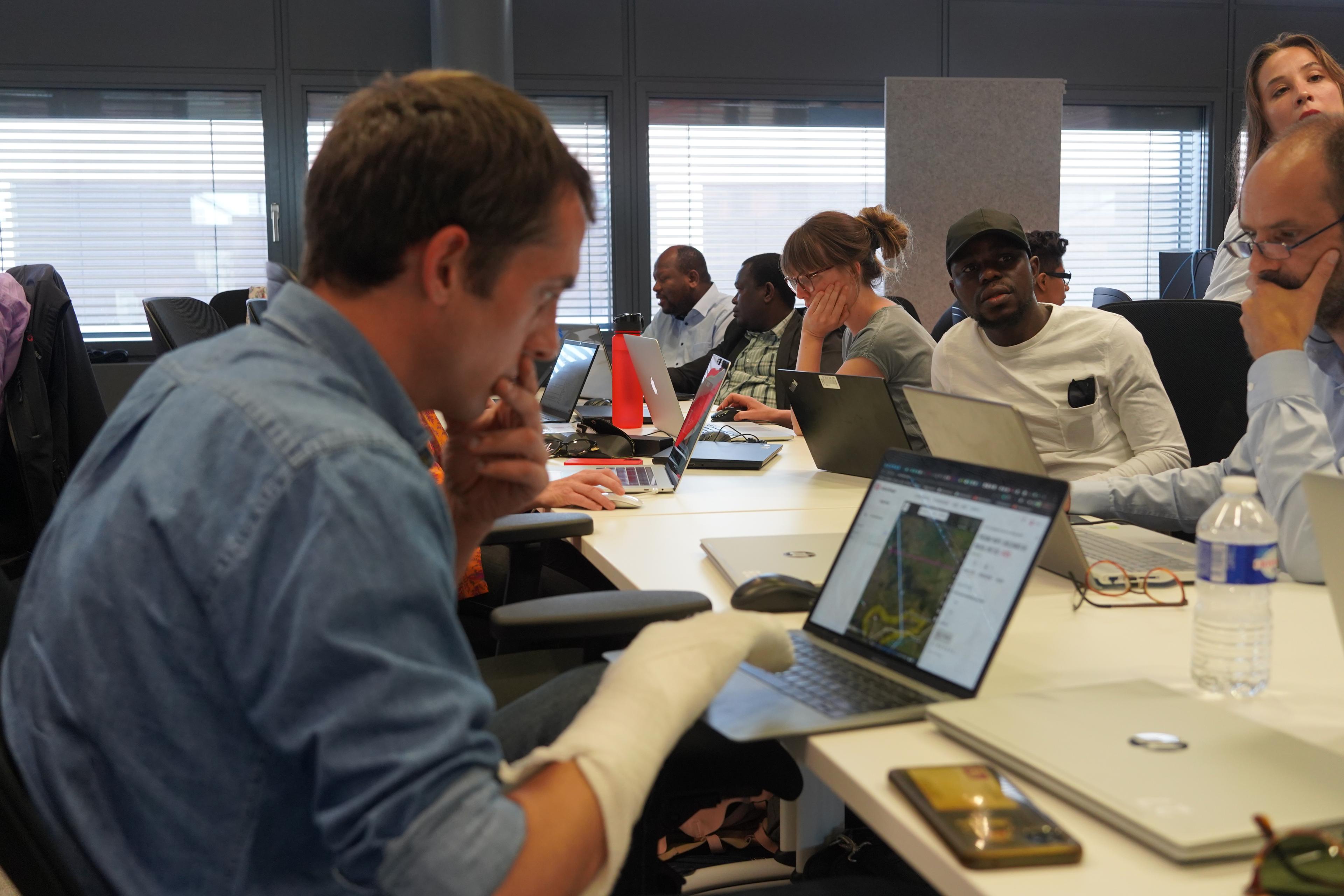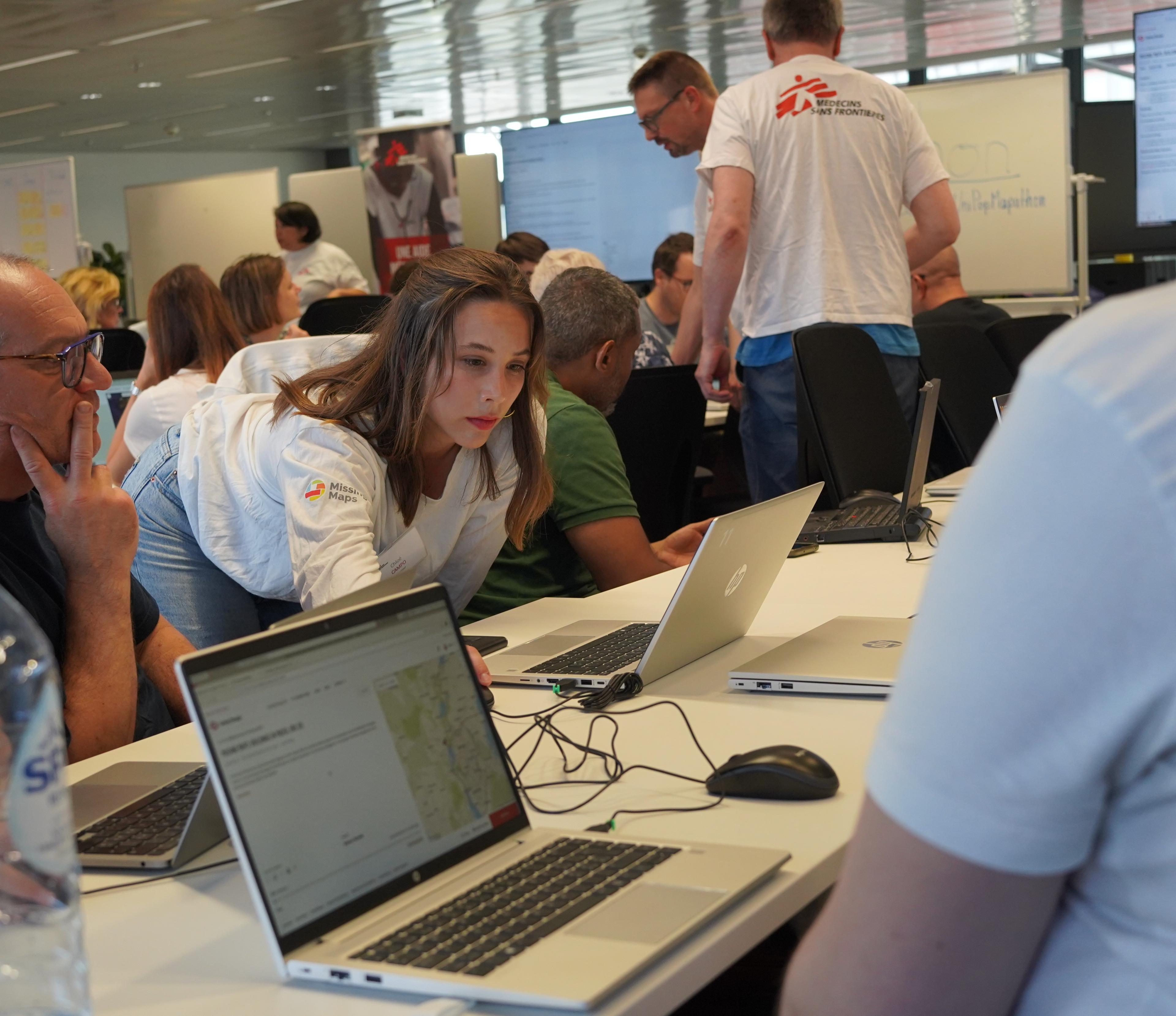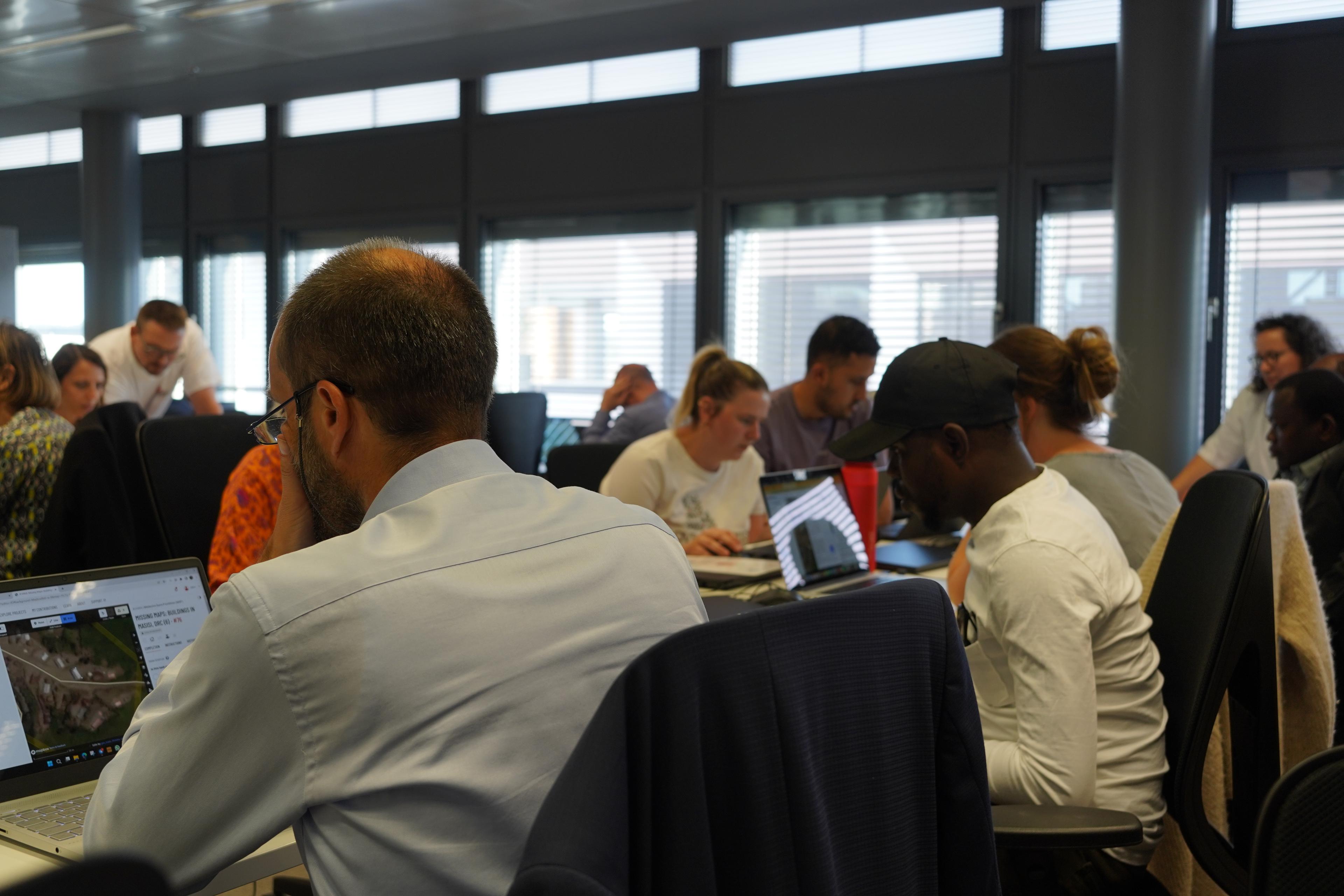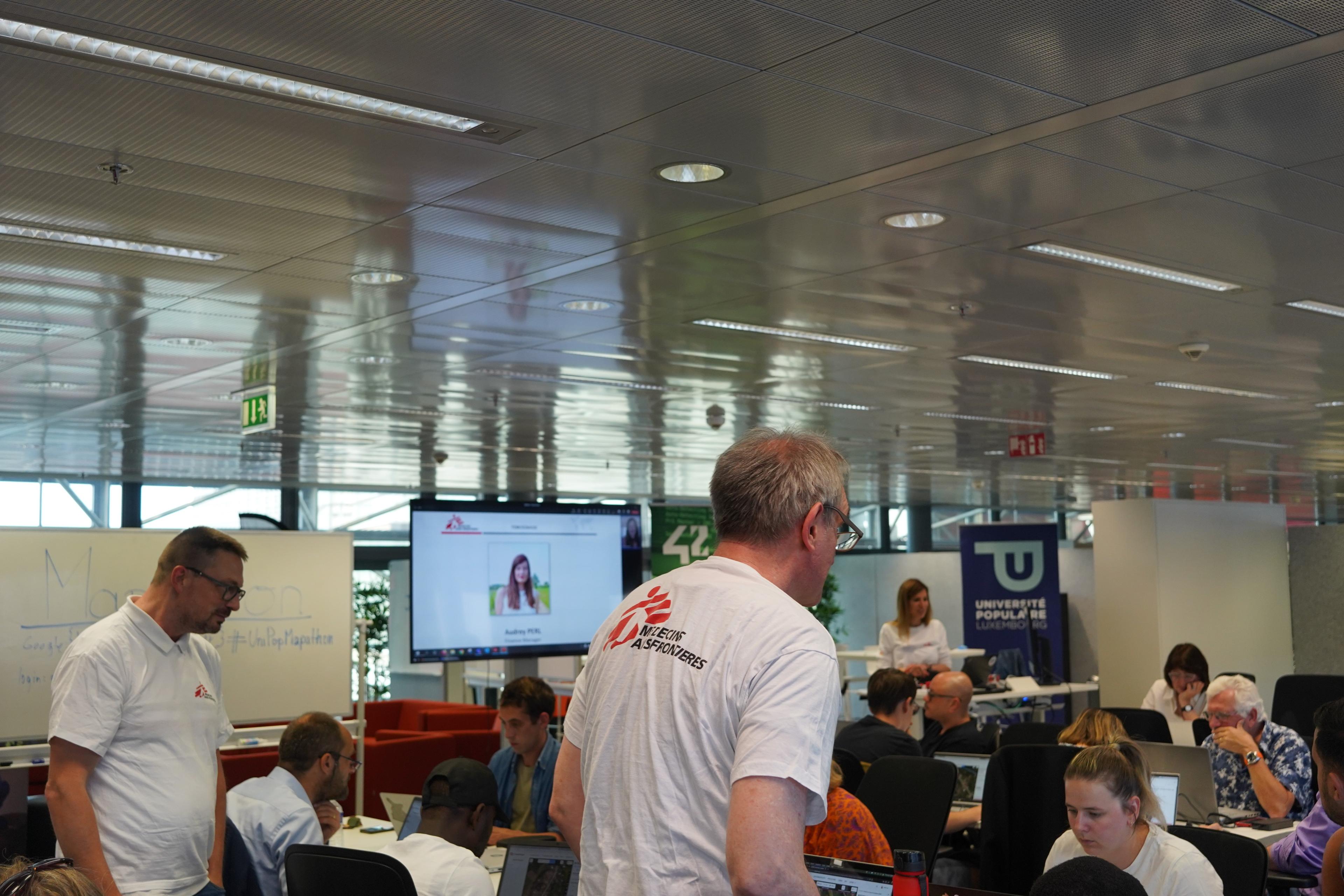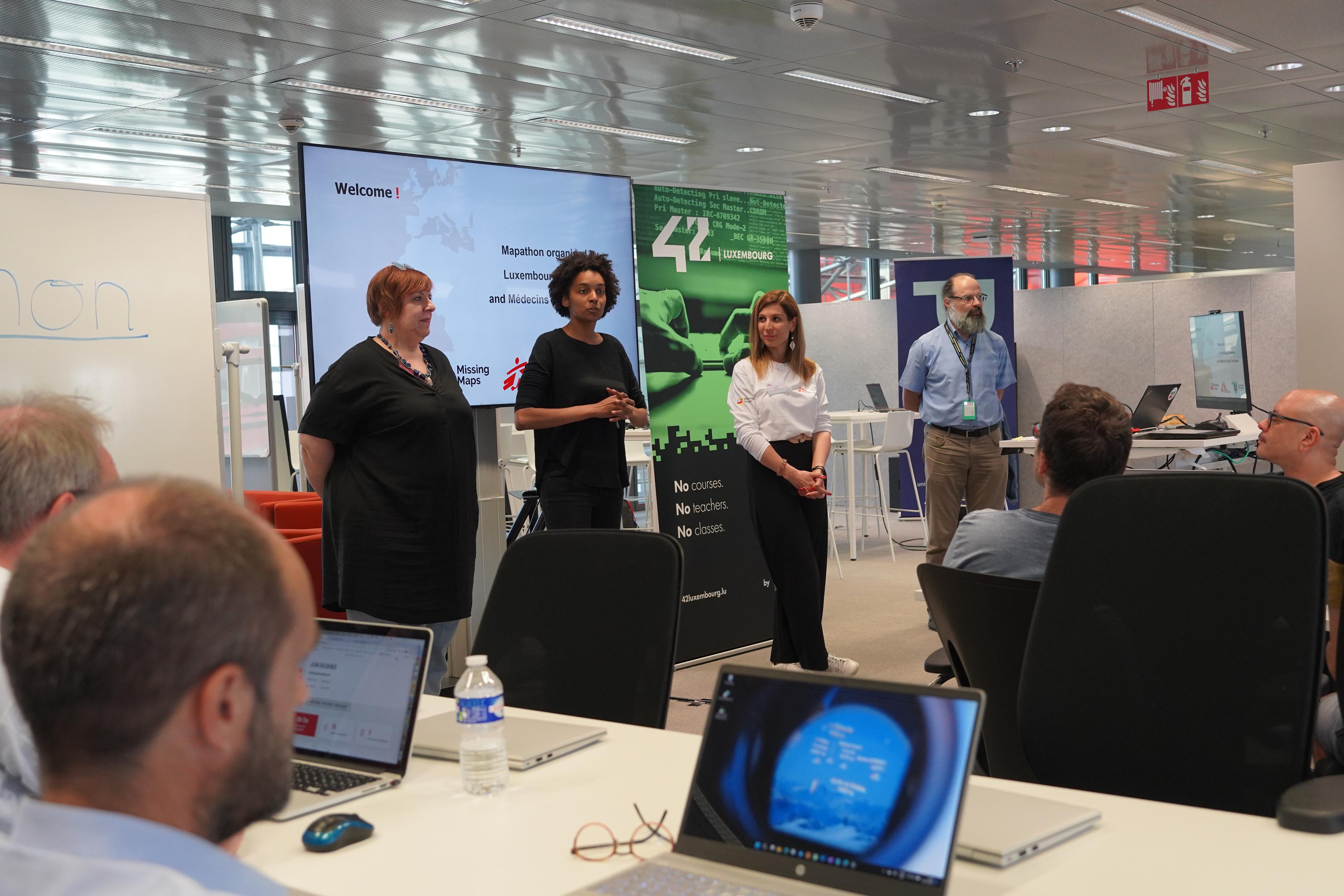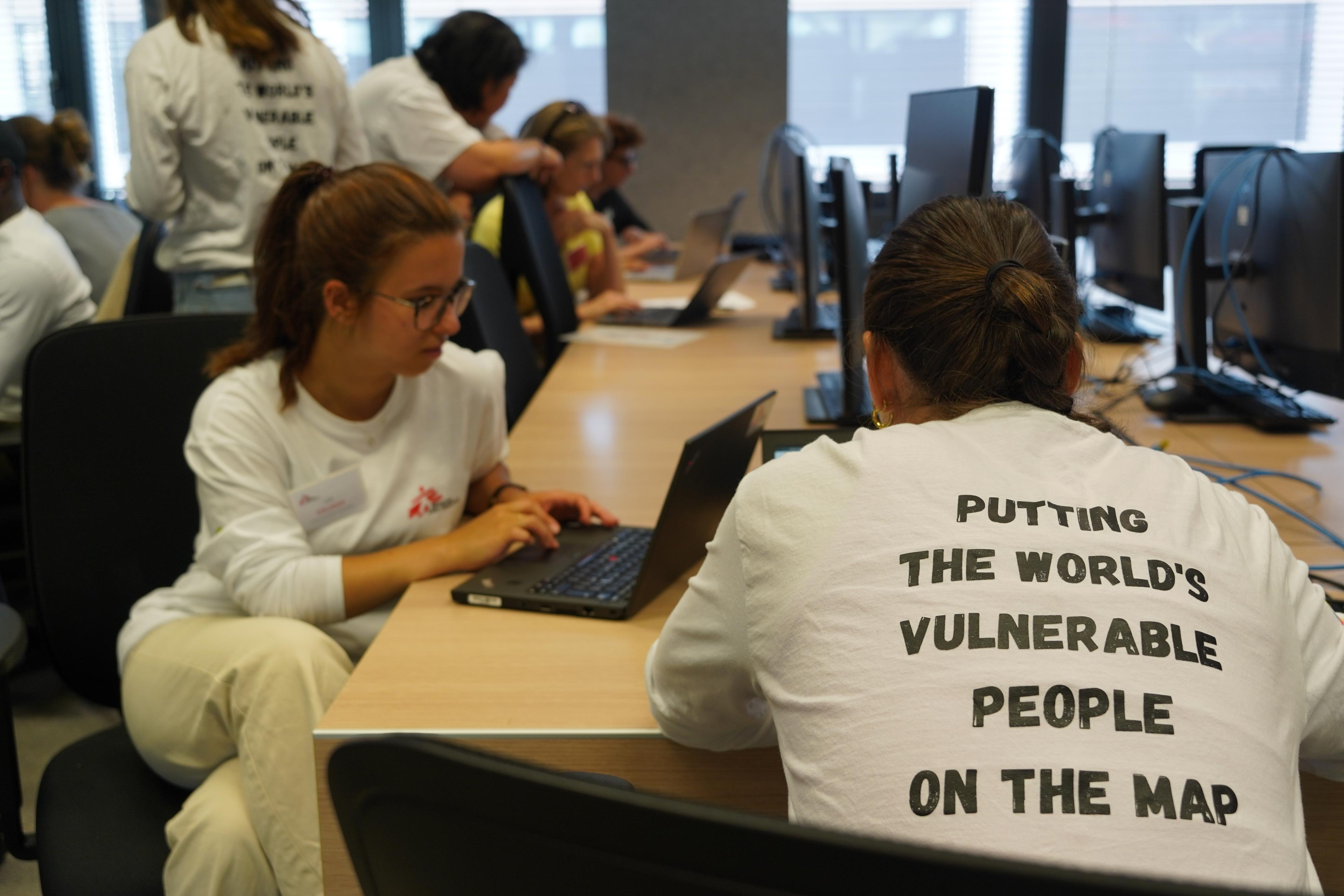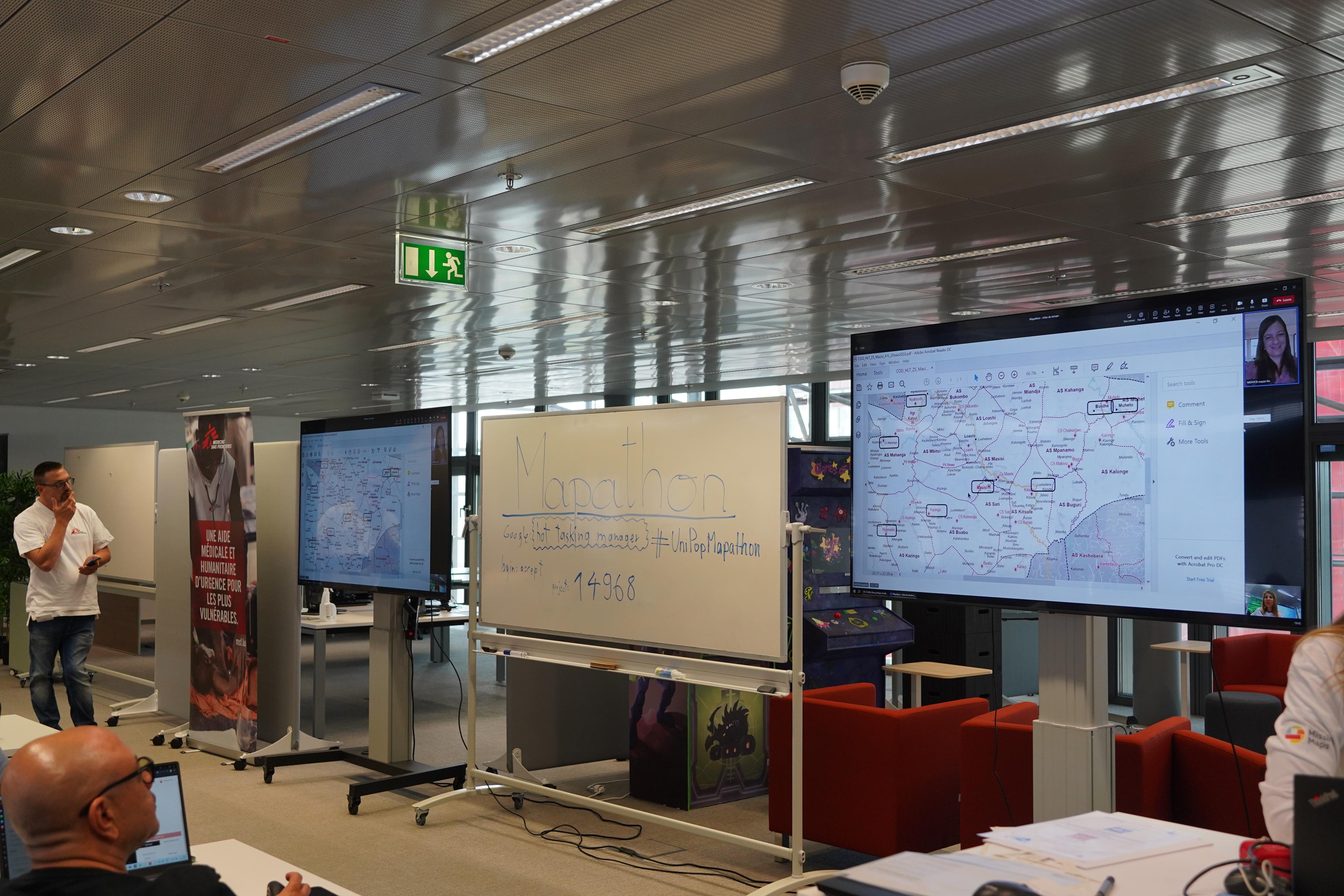
A look back at the July 6 mapathon with the Université Populaire du Luxemboug
In 1 click, help us spread this information :
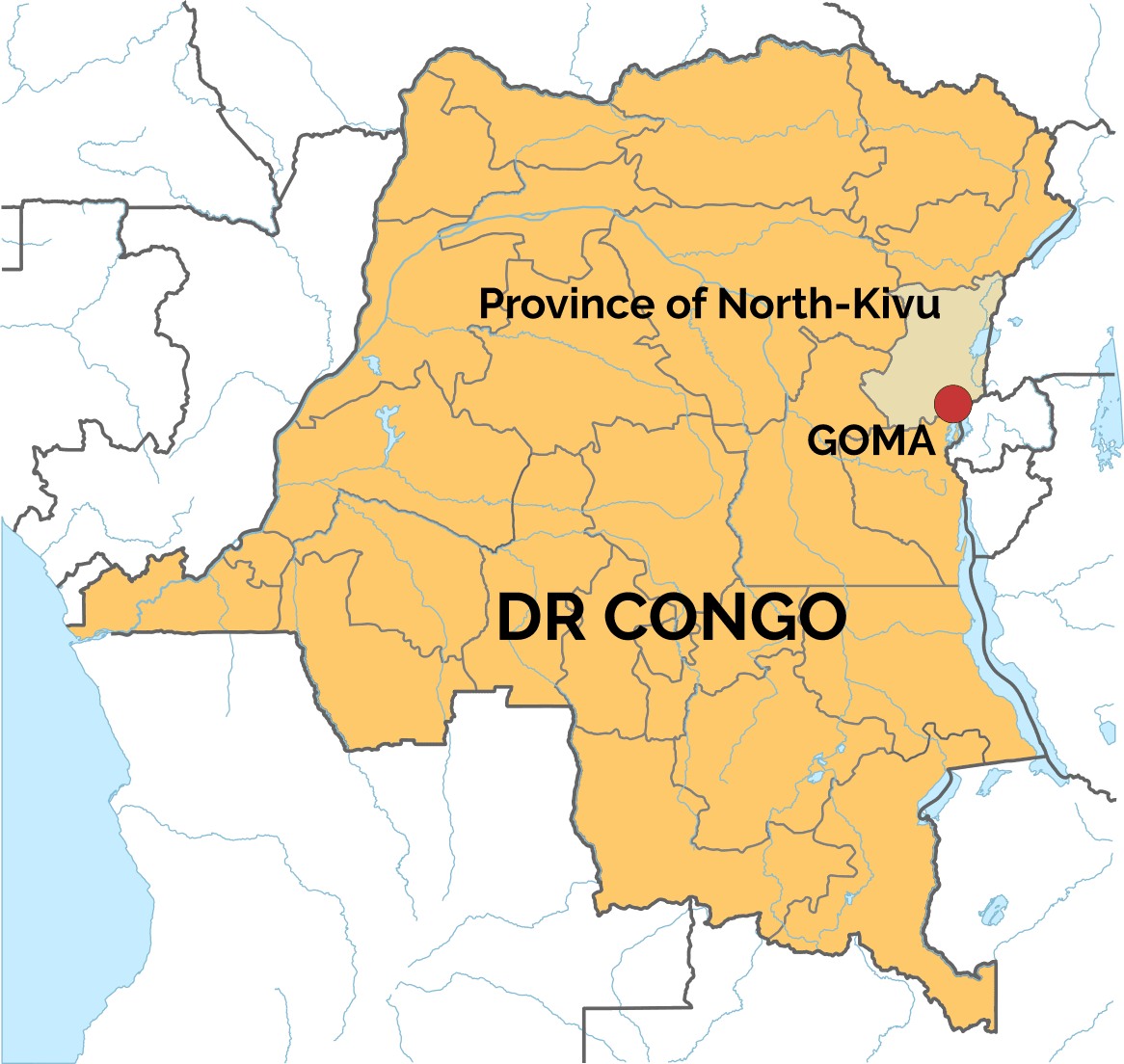
The Digital Learning Hub opened its doors to us on the occasion of the mapathon organized by Médecins Sans Frontières Luxembourg in collaboration with the Université Populaire and the OpenStreetMap humanitarian team.
MSF has been operating in the Democratic Republic of Congo (DRC) since 1977, and more specifically, in support of the Ministry of Health, in Goma since 2015.
Participants mobilized to map Masisi, close to the city of Goma in North Kivu province.
What is a mapathon?
As a reminder, a mapathon is a collective mapping workshop: a group of people get together for a few hours to enrich the cartography of a defined area, in this case Masisi. The event is open to all, and provides direct support for MSF's operations in a given area, by tracing roads, waterways or the outlines of buildings.
These maps are an important decision-making, planning, communication and operations support tool for MSF. The combination of several sources of information on a single map enables teams to assess the extent of the emergency, plan logistical requirements, optimize epidemiological surveillance, and coordinate with other organizations.
Click here to find out more about the essential role of maps in humanitarian response
How did the mapathon go?
The maps drawn up during the mapathon on Thursday July 6 will directly help MSF teams in the field to implement a wide range of activities: from security management, to epidemic management, to planning primary healthcare activities.
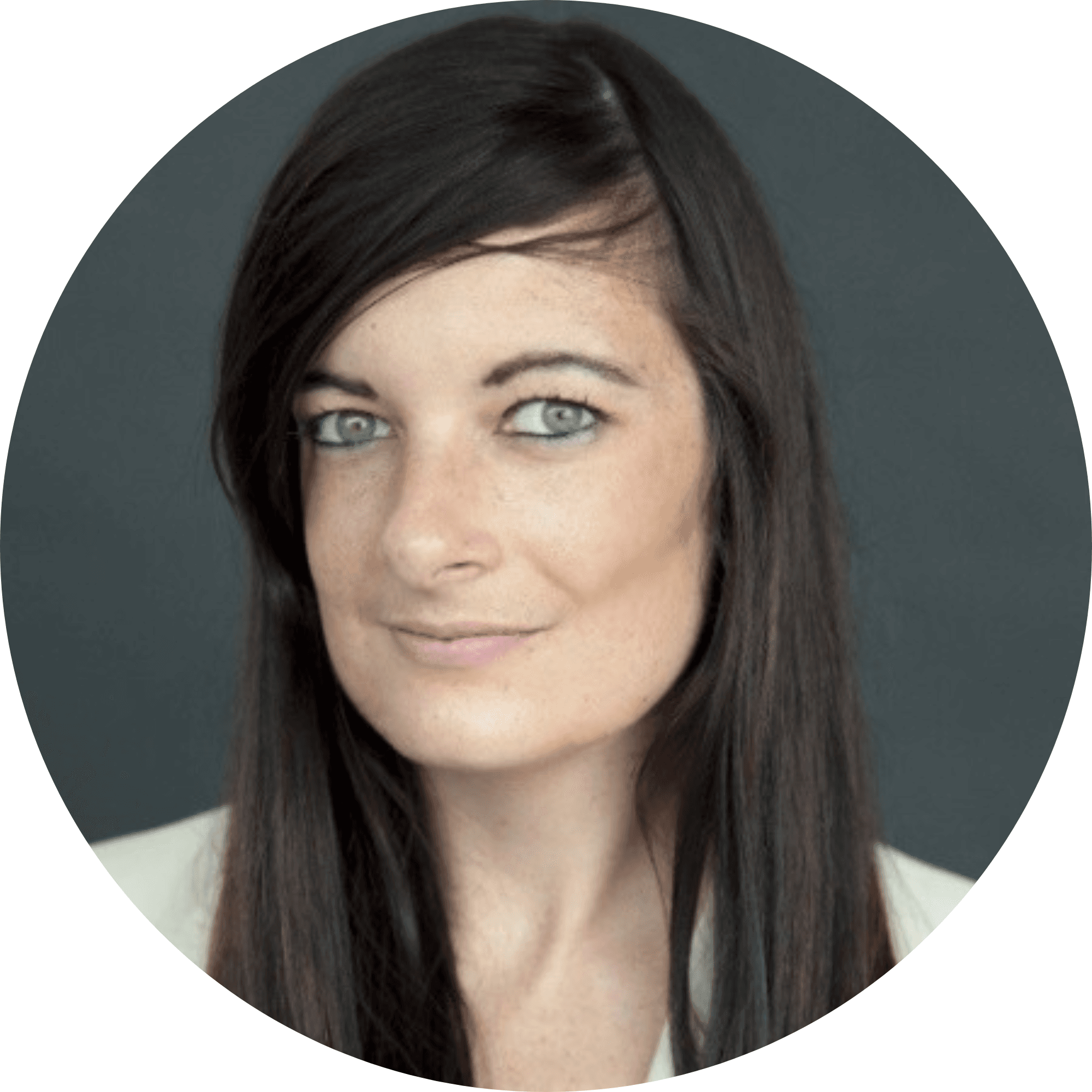
Audrey is a financial manager for projects in the field, dealing with accounting and financial reporting, budgeting and forecasting, team management in different cultural contexts, internal controls and the application of anti-corruption policies.
A team of volunteers from RSS Hydro was on hand to guide participants, who quickly got into the swing of things. Once they had created their account, and after a few trial runs, everyone was able to start mapping on their own.
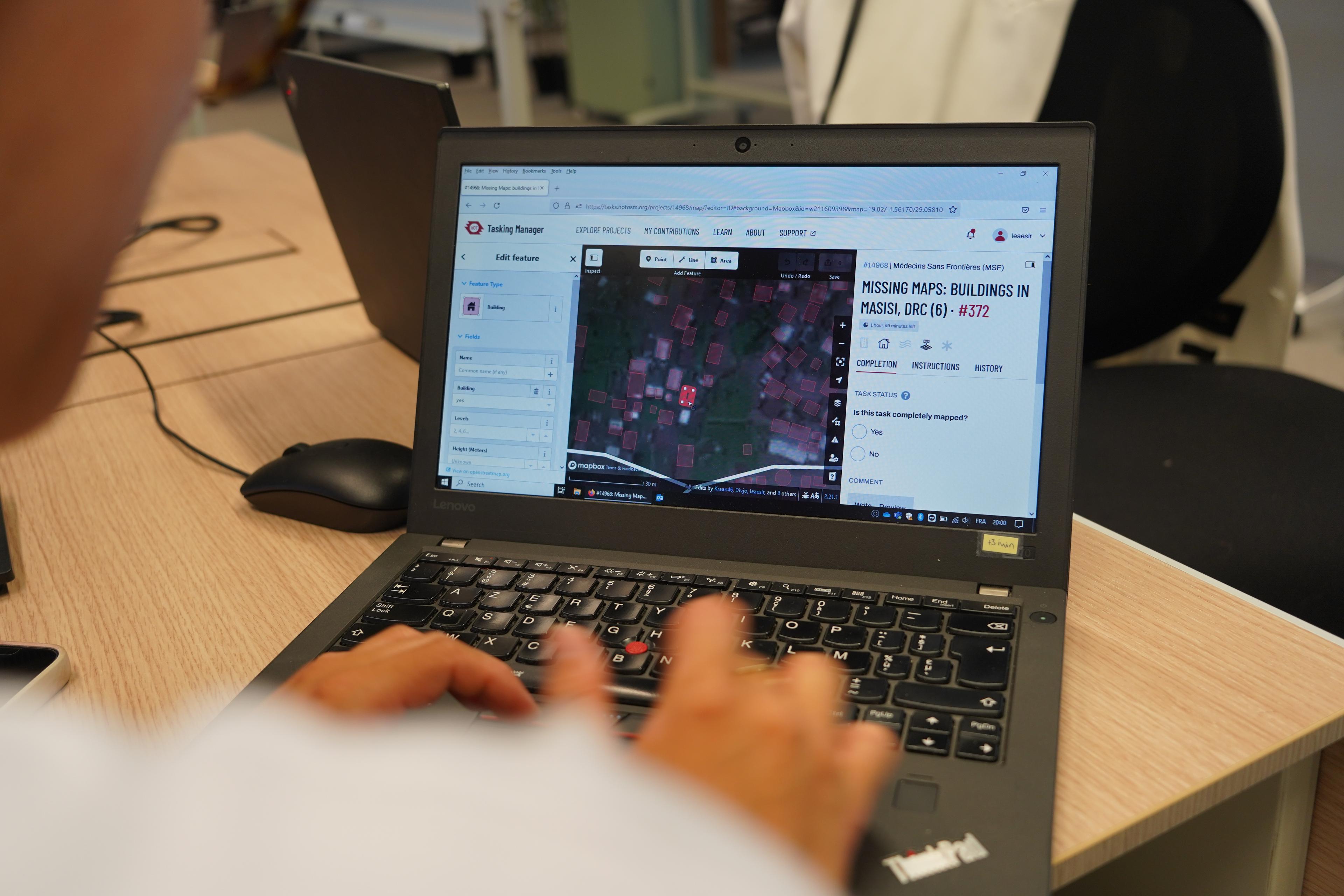
Once again, a big thank you to them for coming to this event.
